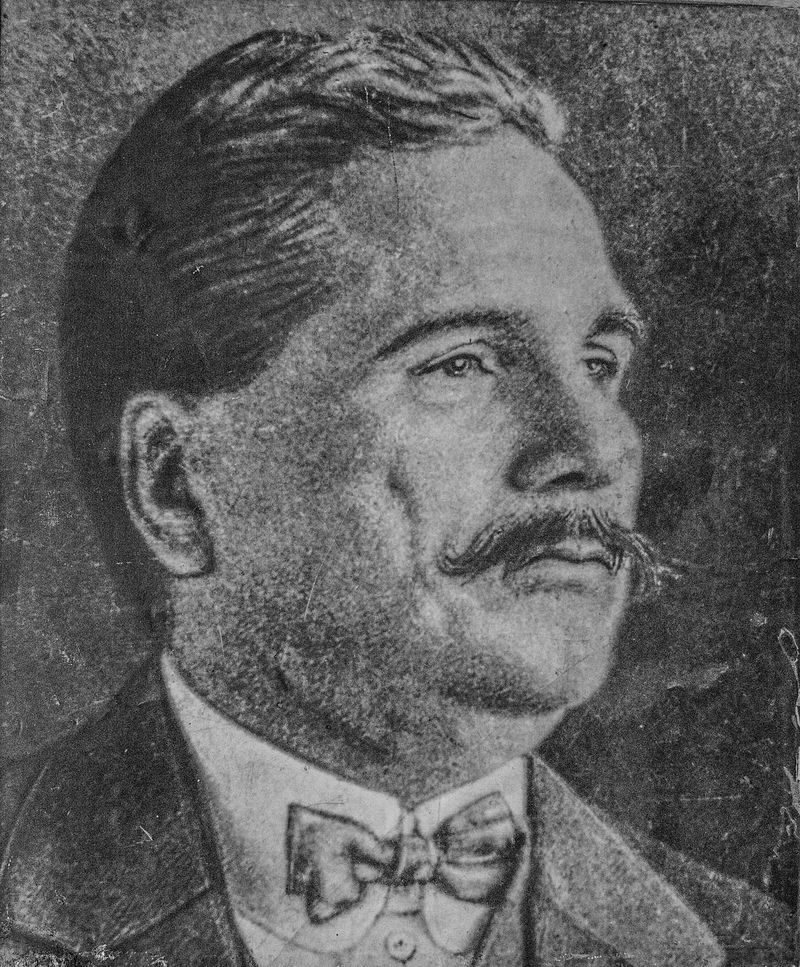
Just after his victory in the 1984 elections, #RajivGandhi faced his first big challenge. On 23rd April 1985, the Supreme Court ordered the ex-husband of a Muslim woman from Indore, Shah Bano, to pay her maintenance under Section 125 of the Criminal Procedure Code (CrPC). 1/13 

Shah Bano's ex-husband Mohammed Ahmad Khan had argued in the Madhya Pradesh High Court, that under Islamic Law, he had paid his divorced wife three months' maintenance, and he wasn't obliged to pay any more. 2/13
#IndiaAt75
#IndiaAt75
But the apex court maintained that "there is no conflict between the provisions of Section 125 and those of the Muslim Personal Law on the question of a Muslim husband's obligation to provide maintenance for a divorced wife who is unable to maintain herself". 3/13
#ModernIndia
#ModernIndia

The judgement caused a storm. Muslim fundamentalists said it interfered with their personal law, which had been guaranteed by the Constitution. They also demanded the exclusion of Muslim women from the purview of the CrPC as they were guided by Islamic #law. 4/13
The Indian Union of Muslim League moved a Bill in Parliament demanding that #Muslims be exempted from #civillaw and be allowed to follow their #personallaw. Rajiv Gandhi asked his liberal minister Arif Mohammad Khan to oppose the Bill and defend the Shah Bano judgement. 5/13 

Fearing the loss of the Muslim vote, the Congress cautioned Rajiv on supporting the Shah Bano judgement. So he did a turn around and got conservative Cabinet minister Z R Ansari to speak up in Parliament against it. 6/13 

Rajiv's progressive image was further destroyed when his government enacted the Muslim Women's (Protection of Rights on Divorce) Act. At variance with the Supreme Court verdict, it placed Muslim personal law outside the ambit of the CrPC. It was seen as a sellout. 7/13
Rajiv’s appeasement of Muslims drew wrath from all quarters – right-wing #Hindu leaders, liberals, secularists and regular citizens, who felt betrayed. 8/13
At this time, a local judge in Faizabad (Uttar Pradesh) ordered that the locks of the #BabriMasjid be opened to allow the worship of Lord Ram there. This was the first step in the building of a Ram temple on the site of the Babri Masjid. 9/13
It was widely believed that a Congress minister close to Rajiv was behind this move, to mollify Hindus in exchange for the appeasement of Muslims in the Shah Bano case. Rajiv later claimed he was in the dark about any such plan. 10/13
The Vishwa Hindu Parishad intensified its campaign to have a #Ramtemple built at the Babri Masjid site. The ball had been set rolling and the #BhartiyaJanataParty leveraged it to ride to power at the Centre. 11/13
But Rajiv’s flip-flop in the Shah Bano case and his desperate attempts to balance Muslim and Hindu sentiments cost him the trust – and votes – of large sections of both communities. 12/13
Mixing #religion with #politics was only the beginning of a dangerous trend – of communal tensions flaring up from time to time. And, for Rajiv, it was the first of many challenges that eventually cost him, and the Congress, the general elections in 1989. 13/13
• • •
Missing some Tweet in this thread? You can try to
force a refresh

















